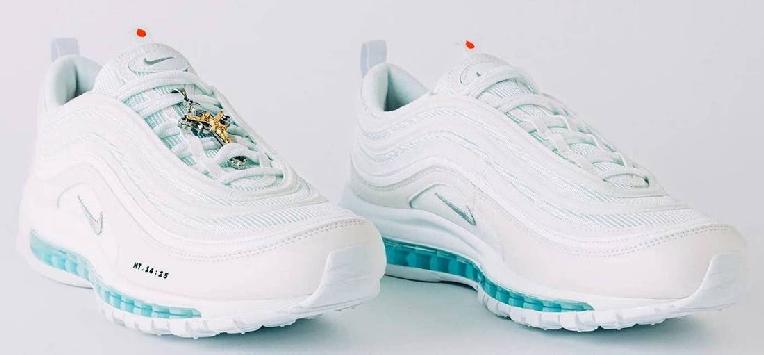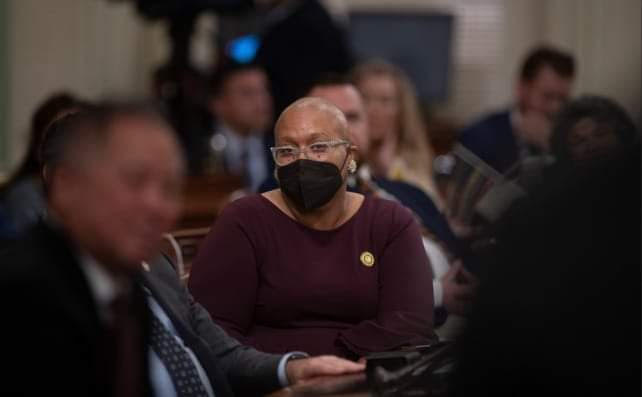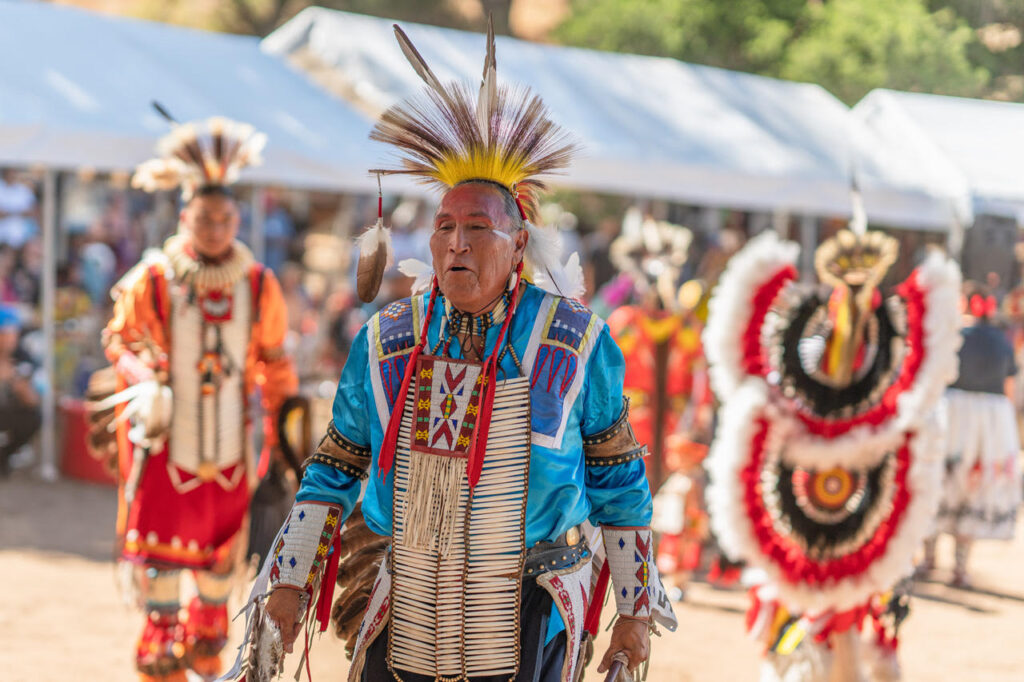
*No one would have thought 40 years ago that a pair of sneakers would be rare and valuable enough for someone to want to create a pair of fake ones.
However, in 2019 sales of counterfeit goods reached $520 billion, around 3.3% of all trade. Sneakers were a big slice of that pie, one NYC-based counterfeiter was caught smuggling $70 million worth of fake Air Jordans into the U.S.
Most sales are happening online where sneakerheads use bots to buy up limited supply color-ways seconds after they’ve been released. Most of these ‘sneakerheads’ are amateur businessmen looking to flip treasured kicks new-in-box.
Why it’s important:
Hip-hop culture and more specifically Black culture, turned the sneaker game from a layman’s necessity to a verifiable investment.
Casually copping the newly released Nike (NKE +0.02%) owned Air Jordans at the mall is nearly impossible nowadays. Perhaps this is why back in October 2019, a Queens man got popped for trying to sell $5 million worth of fake Ugg and Timberland boots.
Counterfeit operations have become extremely structured and complex to take advantage of the huge returns available in the collectible sneakers game. The resale value of collectible sneakers is where the money’s at, as the global secondary market for kicks is worth an estimated $1 billion.
Often these wholesalers have no connection to or appreciation for the culture that created the phenomenon. They operate in the shadows of the internet, utilizing exchanges like StockX to get their product off.
People often pay 2x or 3x retail price for collectible sneakers, often only to find out they’ve been had, and the Air Jordan logo faces the wrong way.
Want more info on this subject, check out CultureBanx.




